Being a special needs parent is one of the scariest things in the world. There are no right or wrong answers; no set one-size-fits-all system of treatment that anyone can prescribe for your child. When you receive a diagnosis like autism, it really does feel like someone has dropped a bomb in your lap. Even though most parents who are taking their children in for autism evaluations are there because they suspect something is wrong, to suspect there may be a problem and be given a diagnosis that confirms your worst fears are two completely different things. In a matter of one 3-hour evaluation, my entire world flipped upside down.
Surprisingly, a lot of my difficulty in the first few months after E’s diagnosis wasn’t from her or her diagnosis, but rather from well-meaning friends and family around me who didn’t know how else to show their love and support. I’ve been in their shoes before – in a time before autism was a part of my daily life – and I know how awkward it can be when you see other parents struggling to pick up the pieces of their lives post-diagnosis. What do you say? What can you say?
Well, here I’ve put together a list of my top do’s & don’t when dealing with parents of special needs children, especially if the children are newly-diagnosed. These are gleaned from my own personal experiences and what I found to be helpful versus hurtful. I know everyone has good intentions but sometimes those intentions don’t get translated very well so I thought this list might be useful to anyone who might know parents of a newly-diagnosed child.
DO
- Be respectful. Let’s be clear here; there is a grieving process that happens when a parent is told their child has autism. They are grieving the child that could-have-been, the child that they thought they were having when they got pregnant. Nobody dreams up having a child with special needs. Different people will grieve their loss in different ways. Some will want to talk incessantly about it with you. Others will not want to talk about it at all for the time being. Try and be respectful of that. Also, be aware that you might be privy to information that other parents are not privy to. If a friend has confided in you about an upcoming autism evaluation or recent diagnosis, don’t assume that everyone else knows about it too and please don’t ask for status updates in front of other people. For me, the diagnosis was such a raw and tender wound; I was surprised when a few of my friends would nonchalantly ask me about it in front of others who had no idea what was going on. It wasn’t something I was willing to discuss in front of more than one person at a time.
- Be proactive. Autism can be very isolating for parents. It’s lonely. Don’t be surprised if your mommy friend goes into “hiding” or a socially withdrawn mode after finding out about her child’s diagnosis. Not all parents will do this but some will simply because it might be too difficult to spend time with you and your children when her own has this huge mountain to overcome now. Don’t assume that this means she likes being alone; this will probably be one of the toughest seasons of her life. Be proactive in pursuing her and loving on her, even if she doesn’t seem ready to rejoin her normal social life. Once she recovers from the fog (as I like to call it) she’ll appreciate the friends who not only stuck around but made their support for her evident and clear.
- Talk to your children about it. Young kids pick up on a lot more than adults give them credit for. You might think your child won’t notice that so-and-so doesn’t talk or play like the other kids but she does. Give them a positive way to understand and process the differences they see; you’ll be educating your child on a topic that they will most likely encounter amongst some of their peers in school one day AND you’ll be raising a rockstar who can better embrace those differences than children who are completely ignorant.
- Pray for them and let the family know you’re praying for them regularly. One of the ways that I felt the MOST loved in the aftermath of E’s diagnosis was when friends would consistently follow up with me with prayer requests. It showed me that they remembered the last conversation I had with them and that they were thinking of E and our family even when they didn’t see us. Every day I was walking around with this pain in my heart and oftentimes it was easy to feel forgotten by those around us; when a friend would ask me for more prayer requests or ask how a previous prayer request went, I was immediately reminded that I wasn’t forgotten.
DON’T
- Gossip. This seems pretty straightforward but I feel like gossip can sometimes masquerade as good intentions too. If you are curious about a family and their special needs child, you should go straight to that parent and ask your questions. If a special needs parent seems unwilling to talk about their child with you, don’t push the subject and also, don’t go around asking other parents who are close to that one mom for more information about her child.
- Pretend the diagnosis doesn’t exist or never happened. In the first few months after E’s diagnosis, we got connected to an older couple at our church with a son on the spectrum. The husband said that people around us will just want everything to be okay for us and will be uncomfortable or awkward with our deep sadness; not many will be willing to sit in the depths of our grief with us. Sadly, my experience has proved his words to be true. I think only one friend really was willing to go in the trenches with me when my despair was at its highest. Everyone else was willing to sit and listen the first time or two but I could tell they eventually lost interest because every time I saw them they would act like nothing was wrong. Please, don’t be that person! We’re called to weep with those who weep; let’s get our hands dirty and learn to be present for those around us who are struggling with deep things.
- Be shy. This may seem silly to some of you reading this but I’m just going to be honest and share what I felt like when we first got E’s diagnosis. I didn’t know how welcoming my other mommy friends would be towards her now that they knew she was on the spectrum. So stupid, I know, but it was a real fear and insecurity that I had. For a good year after the diagnosis, I felt too shy to be forward and invite other kids over for playdates. I didn’t know how well other parents had “debriefed” their own children about E’s differences and I didn’t want E to be the kid that others were “forced” to play with because their moms dragged them along. But, if other moms invited me over to their place for playdates, I was so eager to go because it showed me they had a vested interest in my daughter despite her autism. I’d like to encourage you, as the parent of the non special-needs child, to NOT BE SHY in inviting over special needs kids to play. It made a world of a difference to me to know that other kids liked spending time with E even if she couldn’t keep up and play with them in the same way that other friends might.
My list of donts isn’t as long as my list of do’s 😉 I hope this is informative to any of you who might have special needs parents in your circle of friends. Again, these are just my opinions based on my personal experiences; it’s not a blanket statement that can be applied to every special needs parent. Take it with a grain of salt! And let me know if any of these were helpful to you!
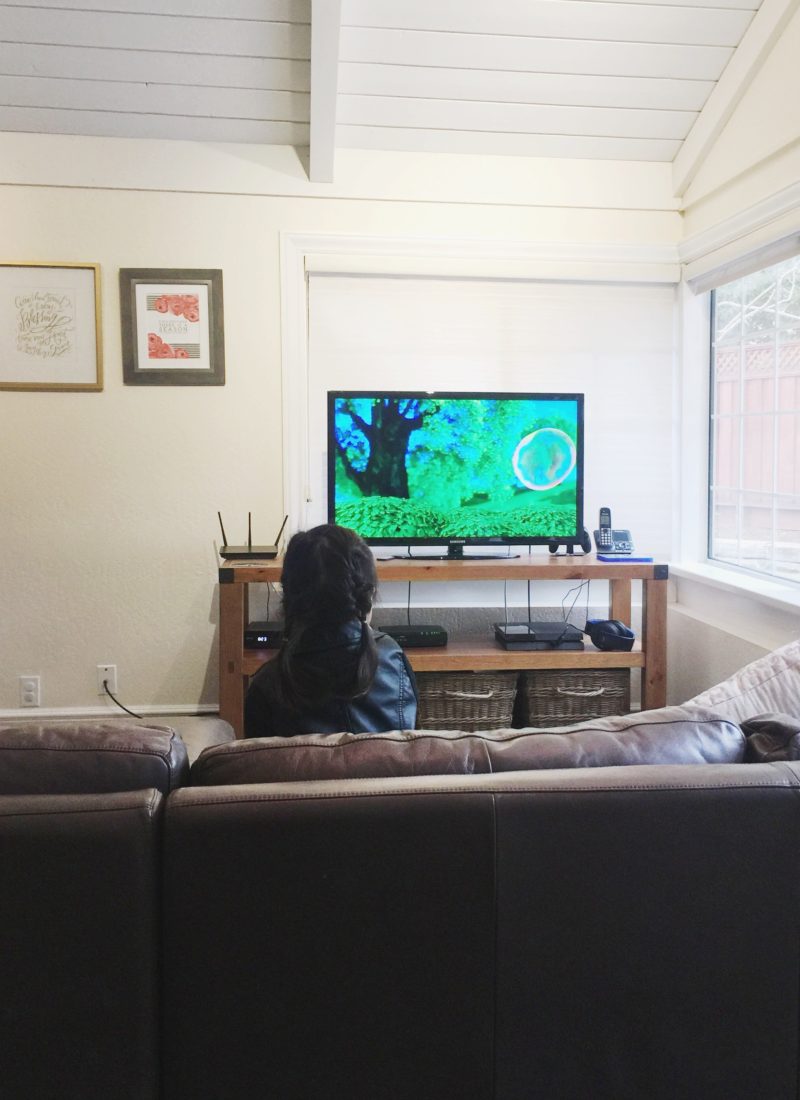
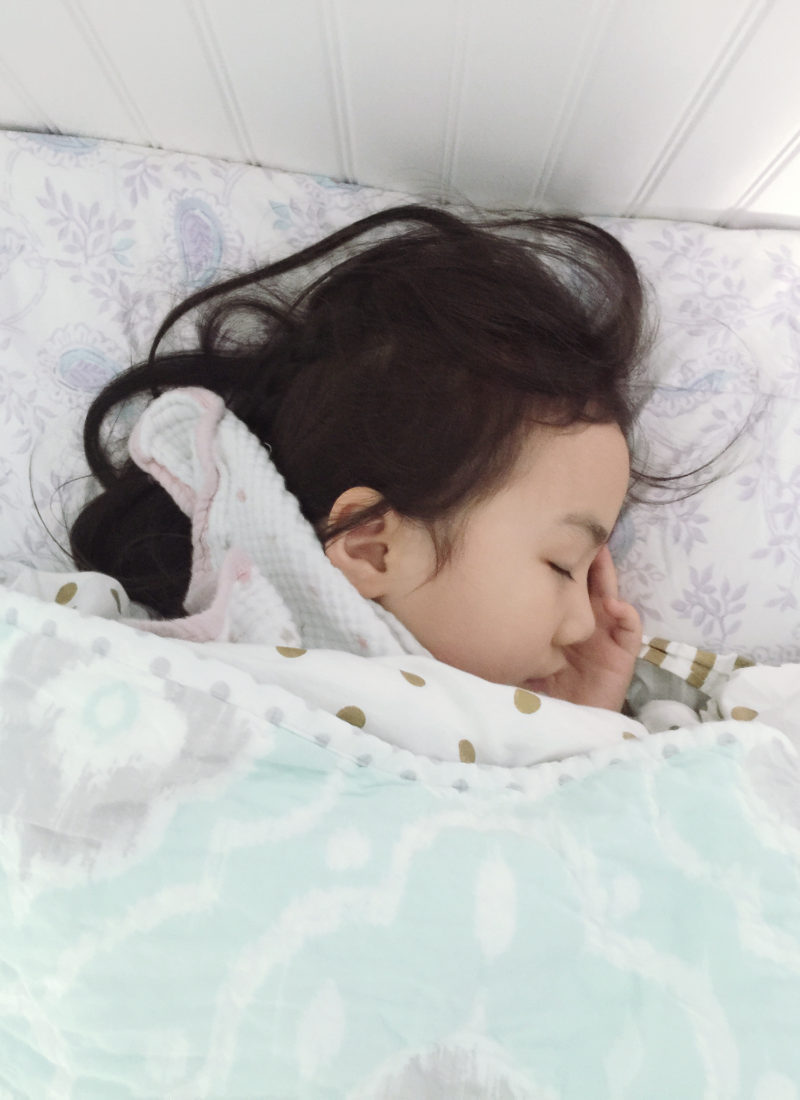
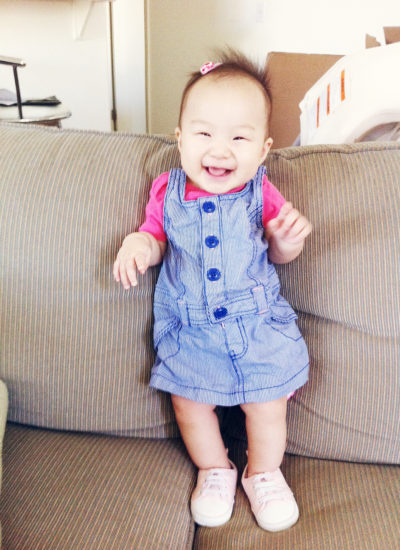
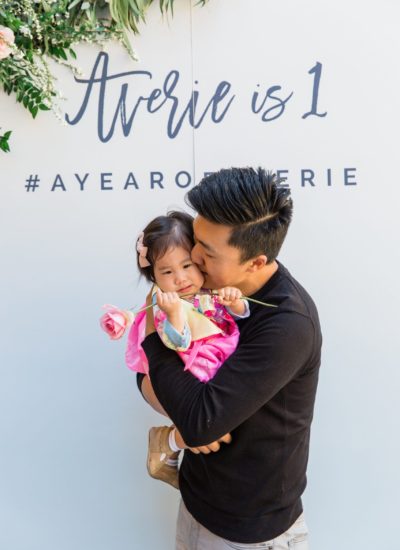
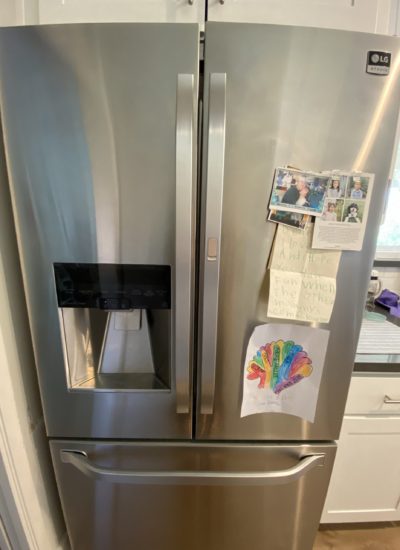
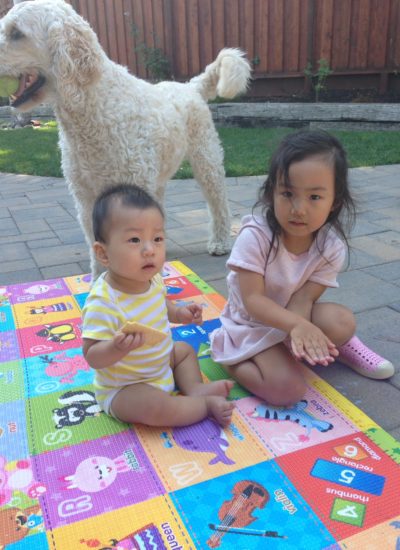
For me it was hard to have friends pretend that the diagnosis never existed. i still have close friends that have never asked or acknowledge it to this day. i still feel like we are good friends, but there were times that i really struggled with it. i shared w/ you before… 🙂